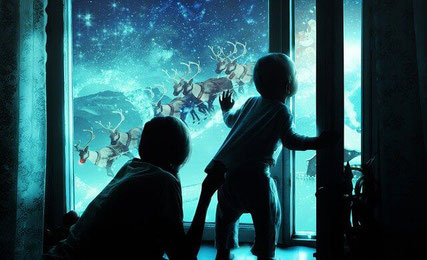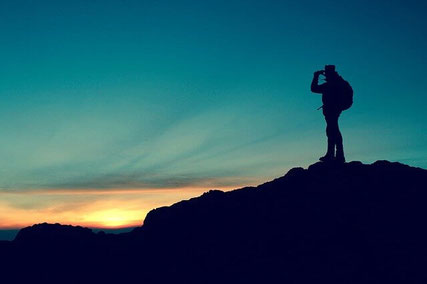
When we encounter something new, we often feel a mixture of curiosity and anxiety. Curious, because newness can be intriguing, exciting; anxious, because newness can also bring uncertainty and risk.
We regularly find ourselves battling these two forces, notes American psychologist Prof Todd Kashdan in his book, Curiosity. Our brains evolved to keep us safe, so the unfamiliar can cause us to tense up as our anxiety system kicks into action.
‘If we avoid the situation’, says Kashdan, ‘then nobody gets hurt’.
At the same time, anything new is a ‘potential treasure trove’. If new things offer the possibility of hidden treasure, how can we walk away without exploring?
As a result, we are conflicted: do we play it safe and avoid, or do we explore and seek out rewards?
As children, we tended to do the latter. Children are innately curious. As Kashdan notes, every cupboard and drawer is seen as a mystery that deserves investigation; at birthdays, boxes and gift wrap can be as interesting as the gifts themselves.
LOSS OF INNOCENCE

As we get older, however, we become more wary. To understand why, Kashdan shares a story told to him by a woman who took her eight-year grand-daughter, Brooke, to the toy store.
Excited as she surveyed rows of toys, Brooke sensed movement behind her and turned around to see a young boy with his parents. Brooke smiled at the young boy and the boy’s parents stood quietly, probably thinking the two children would share a sweet encounter.
Instead, the boy rushed at Brooke and shoved her as hard as he could. She flew backwards, sliding on the floor until her head hit a shopping cart.
Appalled, the boy’s parents apologised for his behaviour and left.
Minutes later, they returned, wanting their son to make amends and say sorry to Brooke. He did so, and Brooke stopped crying.
The grandmother noticed how Brooke didn’t smile or look at the boy expectantly. ‘The openness that had been there at their first meeting was gone’, she said, ‘replaced by an expression of wariness and a tighter hold on me’.
Hearing the story, Kashdan wondered how often in life we are curious and open, ‘only to be met with disappointment or a need to be wary’. Consequently, because we don’t want to experience disappointment or fear, we play it safe and ‘shut the door on possibilities for future experiences.’
Of course, Brooke’s wariness was perfectly rational. Playing it safe is often the right thing to do, as it was in this instance.
The problem is that playing it safe can become a pattern, one we all need to be aware of.
‘Do we take calculated risks and aim for the biggest possible rewards?’, asks Kashdan. ‘Or do we go out of our way to make sure pain, errors, and failures are kept to a minimum?’
The former can bring risks, but so can the latter. Caution and distrust breeds more caution and more distrust. Always playing it safe has a dulling effect and leads to regret over lost opportunities. As Kashdan notes, we have to be willing to accept ‘a bit of risk and anxiety in the pursuit of satisfaction, growth, and meaning’.
ANXIETY ANTIDOTE

Curiosity can be the antidote to anxiety, a point illustrated by Kashdan in another story he tells about a biologist who was fascinated with frogs but scared of the dark and enclosed spaces. This was problematic because an endangered frog species had recently been found in a cave.
Her excitement and curiosity was so strong she pushed herself to visit the cold, dark cave. There, she found the frogs, published a paper highlighting their plight and even found a beautiful underground waterfall.
‘She cherishes the entire adventure’, Kashdan writes, ‘and tells anyone who will listen.’
All of us can recall times when we were open and curious, only to be let down and disappointed. However, this is the price to be paid for living a meaningful life, one in line with our values and aspirations. No anxiety means no hidden waterfalls, no unexpected adventures and discoveries.
Don’t let anxiety win; follow your curiosity.
(First published in Southern Star on 23/12/2021).